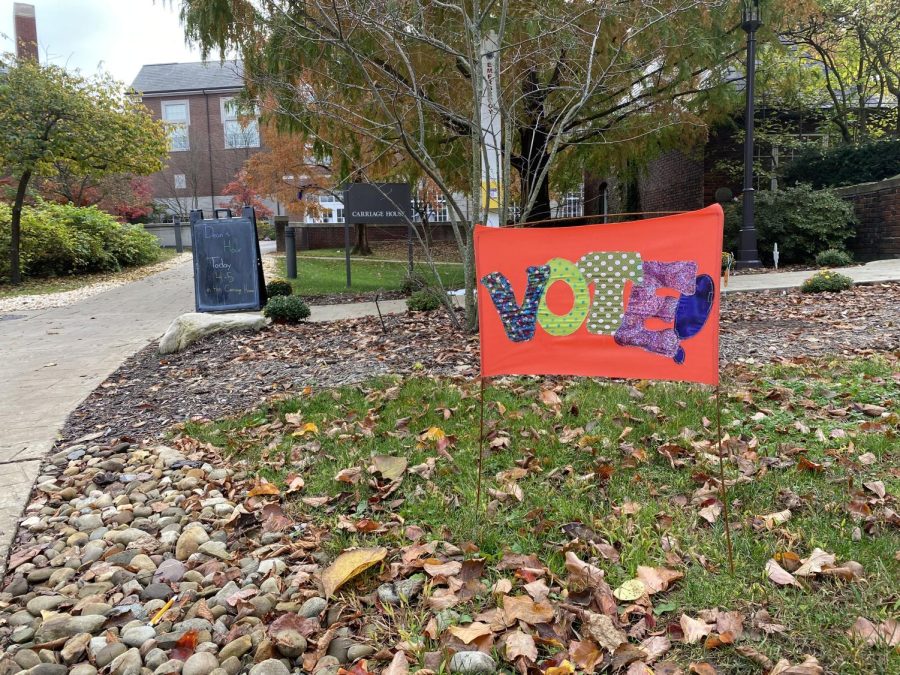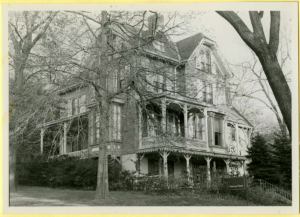Five ways Chatham students can be more politically engaged
November 1, 2022
With elections coming up, politics are on everyone’s minds. There are many big decisions on the ballot on Nov. 8 such as the race for Pennsylvania’s new governor. Young people, especially students, should be asking questions about what they can do to ensure their voices are heard. Here are five ways that you can get involved:
Get educated
Before students do anything in politics, they should get educated. Reading from non-partisan news sites, listening to debates and evaluating what values and policies are most important to them are crucial steps for students to determine who to vote for and what to fight for. But perhaps the best way to learn about politics is to talk about it with other people. Stepping outside echo chambers and information bubbles is a great way to learn. Even if it doesn’t change your opinion, it teaches you what people with different stances are thinking.
VOTE!
Voting might be the most important political action that anyone can take. There might be a temptation to only vote in presidential elections since they are the biggest in scope, but local and state elections could have the most impact on your day to day life. By voting in all elections, students increase the political power of their age group as voters, encouraging politicians to hear them out even if their candidates don’t win. There are plenty of ways to make voting an easy (and even fun) experience by taking advantage of mail-in voting or inviting friends to go to the polls with you. Polls for Nov. 8 open on
You can register to vote, help someone else register to vote and find your polling place online at pavoterservices.pa.gov. You will need either a Pennsylvania driver’s license, PennDOT ID or a social security number to register. While the registration deadline for the upcoming election in November has already passed for Pennsylvania, you can still register for future elections.
Become a poll worker
While this might sound like a lot of responsibility, it’s a great way to support democratic practices if you’re not sure where you stand on issues. I was a poll worker this past summer and was there from 6 a.m. to 9 p.m. While it was a long day, I learned so much and got to work with some wonderful and friendly people. Being a poll worker is a great way to see a different perspective of the democratic process while also helping voters place their votes.
Find more information on becoming a poll worker at vote.pa.gov.
Encourage friends and family to get involved
Another thing students can do is actively discuss politics with friends and family. Many see politics as a tense subject, but it doesn’t have to be that. When talking about politics with someone with a different view, seek to understand the other side first. Then, share with them how you feel and the information that made you take your stance. Don’t be afraid to stand up for what you believe in; a good democracy runs on public discussion and friendly debate. You can also encourage your friends and family to vote in elections or join you at political events. Offer to help someone register to vote or, if you can drive, offer to carpool to the polls.
Get involved in a Campaign
As you get more informed about politics, you might find yourself drawn to a certain candidate so strongly that you want to help them beyond a vote. Campaigns are often looking for student volunteers. You might be asked to help fundraise, call people and encourage them to support the candidate or canvass in local neighborhoods. Not only is this a good networking move, it also teaches you how to be persuasive, a skill that extends beyond politics.






